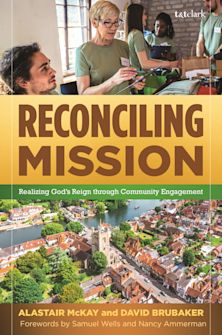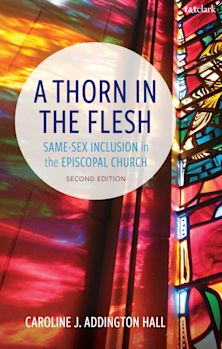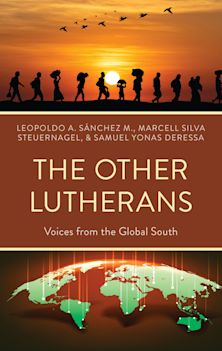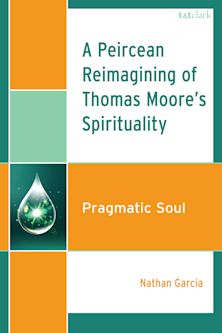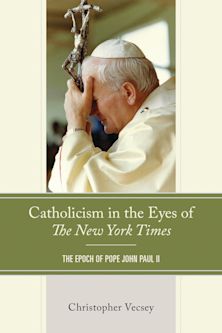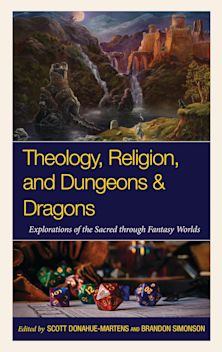This product is usually dispatched within 1 week
- Delivery and returns info
-
Free CA delivery on orders $40 or over
Description
How can postcolonial approaches make a difference in preaching Jesus? The many postcolonial approaches used in this book will help preachers reinterpret the stories, metaphors, and characters in the Bible and create new images of Jesus rooted in his historical identity as a colonized person. Preaching Jesus with new images that are totally different from the traditional colonial ones, not only challenges listeners to reconsider their individual and communal identities as followers of Jesus, but also provides them with theological and ethical guidance for living out those identities in daily life. Ultimately, preaching Jesus through postcolonial approaches is a prophetic ministry that awakens listeners and their communities to seek reconciliation between colonized and colonizers, and suggests a common ground of faith and hope for the life-enhancing future of all people living in the twenty-first century.
The five chapters of this book employ diverse postcolonial hermeneutical and homiletical methods across a broad disciplinary spectrum. This range includes intersectional and interdisciplinary studies with historical, literary, and cultural approaches, in dialogue with phenomenological philosophy, a postcolonial practical theological method, postcolonial feminist interpretation, postcolonial biblical hermeneutics, and postcolonial intertextuality. All these approaches invite the colonized and their descendants to be conversation partners and reflect their lived experiences in the reimagining the identity of Jesus. Moreover, the theological and homiletical insights gained through such postcolonial approaches will help preachers invite their listeners into a partnership with the triune God in order to participate in God's reconciling work. The postcolonial approaches used in this book contest the dominance of traditional assumptions and practices of preaching Jesus, and propose a new homiletical paradigm that makes it possible for Christian preaching to contribute to the transformation of our present world into a life lived together in justice and peace, with the new images of Jesus as postcolonial self, postcolonial song, postcolonial child, postcolonial body, and postcolonial friend.
Table of Contents
Chapter 1. Preaching Jesus as Postcolonial Self
Chapter 2. Preaching Jesus as Postcolonial Song
Chapter 3. Preaching Jesus as Postcolonial Child
Chapter 4. Preaching Jesus as Postcolonial Body
Chapter 5. Preaching Jesus as Postcolonial Friend
Sermon: “A Letter to Mary and Elizabeth”
Bibliography
Index
About the Author
Product details
| Published | Jun 07 2024 |
|---|---|
| Format | Hardback |
| Edition | 1st |
| Extent | 162 |
| ISBN | 9781538192054 |
| Imprint | Rowman & Littlefield Publishers |
| Dimensions | 227 x 147 mm |
| Publisher | Bloomsbury Publishing |












